
We rarely control the type of water we will get; it ultimately depends on your luck if your region receives soft or hard water. If you are stuck with hard minerals in your water, you can always invest in proper water treatment solutions.
But before you invest in water filtration or softener, you need to do your due diligence and learn about the product and which will benefit your needs. Today, we discuss water softeners and their different types and benefits according to water treatment Maryland professionals.
What Is A Water Softener And How Does It Work?
A water softener is a water treatment that eliminates minerals such as calcium and magnesium that cause hardness in water. According to water treatment Maryland professionals, the hardness of water contributes to adding scale build-up, clogging pipes, decreasing water pressure, and, in general, shortening the lifespan and damaging appliances and several kinds of equipment.
The water softener allows the water to pass through the resin bed, which is porous in nature. The resin in the water softener is similar to the dimensions of plastic beads in terms of substance and appearance. Each bead in the resin bed has been designed and treated to have a high porosity level. In order to attract the minerals in the hard water and soften it for better usage, these beads undergo a long-term chemical transformation. This process makes the resin’s surface attract minerals such as calcium and magnesium.
Types of Water Softeners
According to professionals at water treatment in Maryland, there are several types of water softener present that people can choose from. These variations include salt-based and salt-free systems and other preferred solutions.
Salt-Based Water Softener: Ion-Exchange
The salt-based water system is one of the most well-known types of water softener that uses the ion exchange method. The water operates via two water tanks for the system to work efficiently.
In the two tanks, one has brine present in it, and the other one has resin beads. These two tanks attract minerals such as calcium and magnesium from the hard water by employing the positive charge of the potassium and sodium ions. The hard minerals are then drained out, and sodium ions or salt replace the hard minerals with them.
What To Keep In Mind Regarding Salt-Based Water Softeners?
When using the ion exchange water softener, the process successfully eliminates the entirety of hard water impurities. However, one must remember that ion exchange salt-based softeners cannot eliminate chemical pollutants, microbes, or germs.
These water softeners also need frequent maintenance, as the salt must be replaced weekly or every other week. Salt can be filled to the brine tank when the resin is out to replenish it.
This type of water softener demands regular maintenance and adequate salt supply, which can alter your costs. The resin tank, however, lasts for years before needing any form of replacement.
This water softener is ideal for dishwashers and laundry machines as they will work much better after the water-softening process. But, one must keep in mind that drinking is not safe due to its high sodium content.
Salt-Free Water Softener
If you are looking for an alternative safe for consumption, then salt-free water softeners are the ones you should be focusing on. Salt-free water softeners are safe for consumption as they use potassium-chloride salt as an alternative.
This system operates similarly to ion exchange water softeners, the only difference being that, in this case, calcium and magnesium are retained. Doing so offsets and neutralizes the effects of minerals in hard water rather than removing them completely and deterring scale formation on surfaces.
Most salt-free water softener systems have multiple stages in the filtering process, which rid the water of unwanted impurities, including bacteria and chemicals, even though they do not extract hard minerals from the water.
What To Keep In Mind Regarding Salt-Free Water Softeners
Salt-free water softeners do not require brine tanks and rely upon filters, so they do not need regular maintenance. They are considered a great long-term investment, even if they are a bit more expensive to install than the previous option. You also save money on maintenance and salt costs. It is to be noted that this system might not be the best if you intend to use it in regions with extremely hard water.
Electronic/Magnetic Water Softener
One of the more modern variants of the water softener available in the market is the magnetic water softener which is often viewed as an excellent substitute for salt-free water softeners. In this method, electricity generates a magnetic field that cancels out the hard minerals in the water. This method does not eliminate the mineral but instead makes it soluble.
Although the water reverts to its original hard water state after being out of the magnetic field for approximately 48 hours, this quality is the one downside of this water softener method.
Nevertheless, this water softener is affordable and easy to set up. But given the water softener here utilizes electricity, it is crucial to regulate your consumption to avoid high utility costs.
Where To Find The Best Water Treatment Services In Maryland?
Are you searching for the best water treatment Maryland has to offer? Look no further, as Peninsula Water Conditioning Inc. is one of the most trusted, locally-owned, and authorized companies providing products for water treatment in Maryland. We are committed to offering the best possible solutions for different water problems.
You can contact us by calling (410) 341-6500. We would be happy to assist you in finding the best water treatment system for your home!
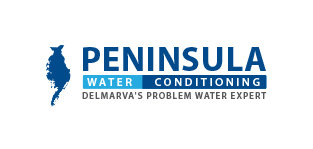

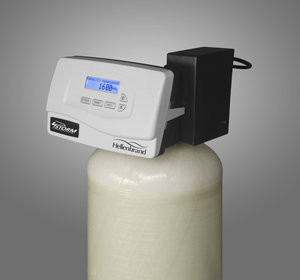
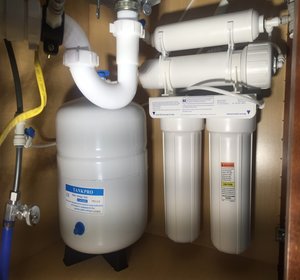
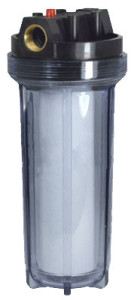
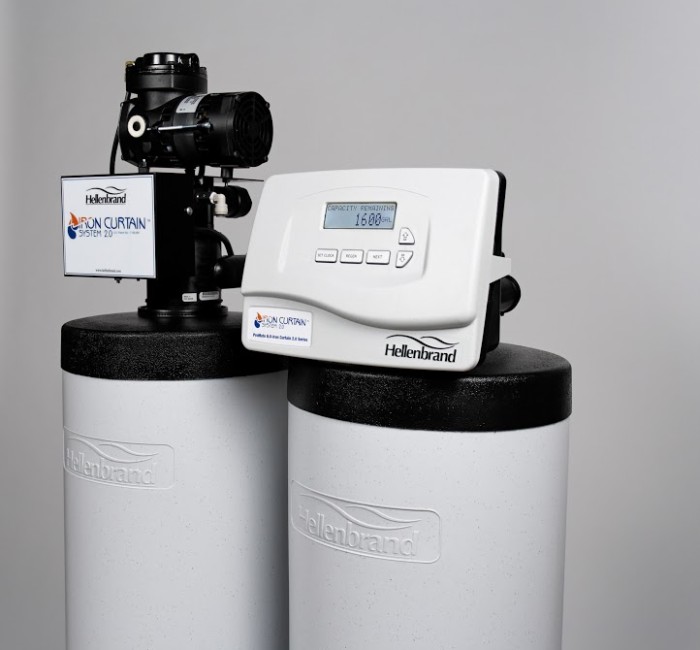
No Comments